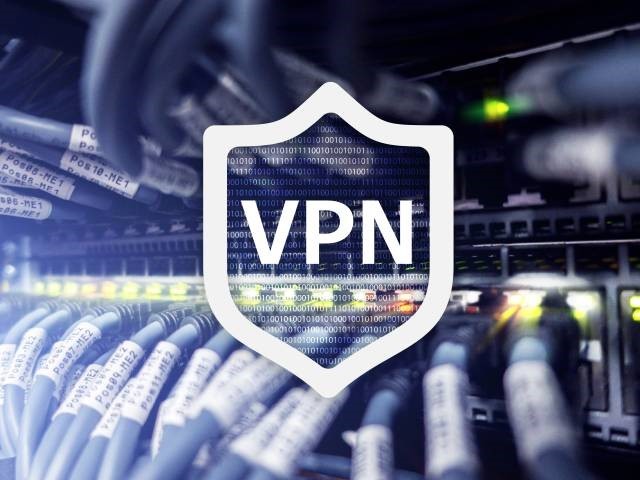
VPNs explained: why and when you should use one

Oliver: VPNs, or virtual private networks, are services that help people protect their privacy online and allow them to keep their data secure. VPNs can be found in most homes, but are also used by businesses, because they allow their employees to safely log into the company servers while they are traveling.
At a basic level, a VPN is a special Wide Area Network (WAN), which can make use of public networks to create secure connections that help people safeguard their sensitive data. Virtual private networks can utilize several encryption protocols, such as PPTP, L2TP, SOCKS, etc. Let's take a look at the first two protocols, because they are often used by third-party VPN service providers:
- PPTP is really easy to use, but it isn't a 100% secure protocol, because it doesn't utilize a Public Key Infrastructure (PKI) system. This means that your data will be encrypted, but its integrity and origin can't be verified.
- L2TP is much safer to use, because it utilizes digital certificates to ensure a much higher level of security. The good news is that most virtual private network providers utilize this data encryption protocol.
To use a VPN, each network client must install a dedicated software application. Most providers offer installation kits for all the popular operating systems.
Once that the application is installed, its users will be able to use any of the public networks and hotspots, which can often be found in hotels, conference rooms, coffee shops, restaurants, and so on, to connect to the desired servers, without any risk.
This way, employees can access their workplaces remotely, being able to view and edit all their files, emails, etc. as if they were in the office. The same thing happens for home users as well, of course. People can use a VPN to securely access their homes' security systems while they are taking a vacation, for example.
Individuals can also use virtual private networks to access location-restricted content and escape censorship. It's as easy as connecting your device to the VPN server that is placed in the location that interests you! Then, the computers that use geolocation to identify your country of origin will see the IP address of the chosen VPN server, instead of seeing your IP.
VPNs help companies save money by eliminating the need for private communication/leased lines, and by reducing phone bills for employees who travel to various countries. Also, virtual private network providers offer their services at very competitive prices. To give you an example, home users can get access to a high-quality VPN service by paying $10-$50 per month.
James: Virtual private networks services are quite popular indeed, but this doesn't mean that they are perfect. To begin with, you can't just install an application and be done with it. Often, that app needs to be tweaked and configured properly, with the goal of ensuring that your data stays safe indeed.
Since you rely on a third-party provider, it means that your paid-for VPN service may not be available at all times. It is true that many providers offer dozens, and sometimes even hundreds of different server locations, but by switching to a new server, which isn't placed in your preferred location, data transfer speeds will significantly decrease.
Finally, by using a VPN you may be able to hide the transferred data from hackers, but the service providers will always have access to it. Some of these companies promise that they won't keep any data logs, while others don't offer this guarantee. So, take your time to read the fine print.
These things being said, my recommendation is to build your own virtual private network.